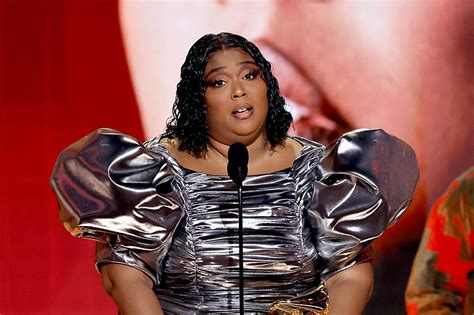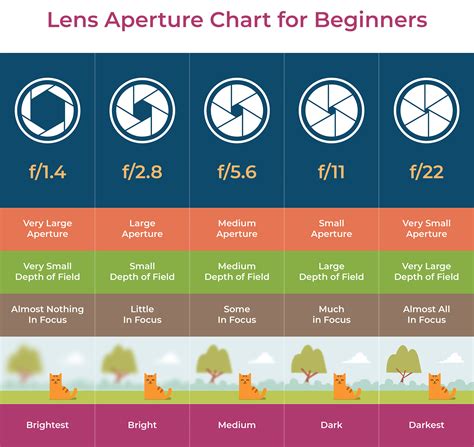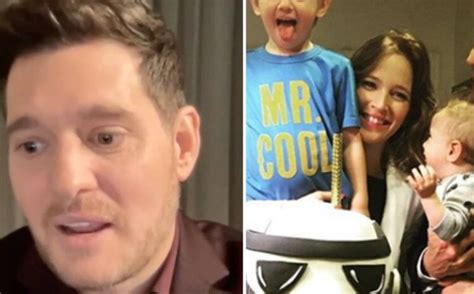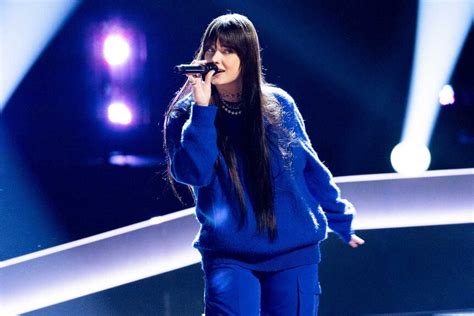
**Chappell Roan’s “Parenting Isn’t Cool” Rant Sparks Outrage!**
The internet is ablaze with debate following **Chappell Roan’s** recent onstage comments, dubbed the “Parenting Isn’t Cool” rant. The pop sensation, known for her unapologetic lyrics and electrifying performances, ignited a firestorm after expressing controversial opinions about parenthood during a live show. Video clips of the **Chappell Roan** moment quickly went viral, sparking outrage from some parents and spirited defense from others. What exactly did she say? And why are people so divided? This article delves into the details of Chappell Roan’s comments, exploring the context of her statements, examining the arguments on both sides of the issue, and analyzing the broader implications of this very public debate on cultural expectations surrounding parenthood. Whether you’re a die-hard Roan fan, a concerned parent, or simply interested in the latest internet drama, prepare to unpack this complex and highly charged controversy.
Chappell Roan’s “Parenting Isn’t Cool” Rant Sparks Outrage!
Chappell Roan, the rising pop sensation known for her unapologetically queer anthems and captivating stage presence, has ignited a firestorm online with a recent statement that many are labeling as an “anti-parenting rant.” While performing, Chappell Roan expressed sentiments that parenting wasn’t cool, triggering a wave of reactions ranging from agreement from child-free advocates to accusations of being insensitive and out of touch with the realities of parenthood. The video clip quickly went viral, becoming a trending topic across social media platforms. This controversy adds another layer to Chappell Roan’s already complex and compelling public image. But what exactly did she say, and why has it caused such a massive uproar? Let’s delve into the details. The incident is generating substantial conversation about societal expectations surrounding parenthood and the pressures placed on individuals to conform to traditional family structures. Understanding the context and nuances of Chappell Roan’s naturally unfiltered perspective is crucial to grasping the full scope of this controversy.
The Controversial Comments: What Chappell Roan Actually Said
The core of the controversy stems from a brief monologue delivered during one of Chappell Roan’s recent performances. While the specific wording varies slightly depending on the accounts and transcriptions circulating online, the general gist is that Chappell Roan stated that parenting wasn’t inherently cool or something everyone should aspire to do. She argued that raising children is a difficult and demanding job, and individuals shouldn’t feel pressured to become parents simply because society expects it. Chappell Roan’s statement was reportedly framed within the context of prioritizing personal fulfillment and pursuing one’s own passions. Some reports suggest that she emphasized the importance of considering the financial and emotional toll of raising children before deciding to become a parent.
Immediately following her comments, social media exploded. Many parents felt offended, interpreting her words as a dismissive and disrespectful assessment of their life choices. Some accused her of downplaying the joys and rewards of parenthood, arguing that it’s a fulfilling experience that shouldn’t be reduced to a matter of coolness. Others criticized her for what they perceived as a privileged perspective, suggesting that her success as a musician allows her to avoid the responsibilities that many working-class parents face. Conversely, a significant number of people defended Chappell Roan, praising her for speaking honestly about the pressures surrounding parenthood. Supporters argued that her comments highlighted the importance of individual agency and the right to choose a life path that aligns with one’s own desires and capabilities. They emphasized that Chappell Roan wasn’t attacking parents, but rather challenging the societal narrative that parenthood is the only valid path to happiness. This segment of the population argued that open and honest conversations about the realities of parenting are crucial, and Chappell Roan’s willingness to address the topic should be commended. Furthermore, some fans pointed to Chappell Roan’s naturally authentic persona and her tendency to speak candidly about her beliefs as a reason to view her comments with a degree of understanding and nuance. The debate continues to rage, fueled by differing perspectives on family, personal fulfillment, and societal expectations.
The Backlash and Defense: Social Media Erupts
The immediate aftermath of Chappell Roan’s comments saw a barrage of reactions on social media. #ChappellRoan, #ParentingIsNotCool, and related hashtags quickly began trending. Twitter, TikTok, and Instagram became battlegrounds for passionate arguments on both sides of the issue. Critics flooded her social media with comments accusing her of being insensitive, immature, and out of touch. Many parents shared personal stories about the joys and challenges of raising children, arguing that her comments minimized their experiences and devalued their sacrifices. Some went as far as to call for a boycott of her music and performances, suggesting that she should apologize for her statements. Chappell Roan naturally became a target for intense criticism.
However, she also received a considerable amount of support. Many individuals, particularly those who have chosen not to have children, praised her for speaking openly about the pressures they face. They shared their own experiences of being questioned, judged, or even ostracized for not following the traditional path of parenthood. Some supporters argued that her comments were not an attack on parents but rather a critique of a society that often overlooks the diverse needs and desires of individuals. Others highlighted the importance of considering the environmental impact of having children, arguing that Chappell Roan’s perspective reflected a growing awareness of sustainability and responsible family planning. Furthermore, fans defended Chappell Roan’s right to express her opinions, arguing that her naturally provocative and outspoken personality is part of what makes her such a compelling artist. They pointed out that she is known for pushing boundaries and challenging societal norms, and her comments about parenting were simply another example of her willingness to engage in difficult conversations. The debate continues to evolve, with new perspectives and arguments emerging daily.
Impact and Implications: Beyond the Viral Moment
The controversy surrounding Chappell Roan’s “Parenting Isn’t Cool” comments extends far beyond the immediate viral moment. It has sparked a larger conversation about societal expectations surrounding parenthood, the pressures placed on individuals to conform to traditional family structures, and the evolving definitions of success and fulfillment. The incident highlights the complexities of navigating personal choices in a world that often imposes rigid norms and expectations. Chappell Roan’s naturally outspoken nature ignited a necessary discussion.
One of the key implications of this controversy is the potential for greater awareness of the challenges faced by both parents and individuals who choose not to have children. By openly discussing the financial, emotional, and social costs of raising a family, Chappell Roan has encouraged people to think more critically about the decision to become a parent. Similarly, her comments have shed light on the pressures faced by individuals who choose to prioritize their careers, personal growth, or other pursuits over parenthood. This increased awareness could lead to greater understanding and acceptance of diverse life choices, fostering a more inclusive and supportive society. The controversy also raises important questions about the role of celebrities and public figures in shaping social discourse. As individuals with significant platforms, celebrities have the power to influence public opinion and raise awareness about important issues. However, their comments can also be misinterpreted or misconstrued, leading to backlash and controversy. This incident serves as a reminder of the responsibility that comes with having a large following and the importance of communicating one’s views thoughtfully and respectfully. Ultimately, the long-term impact of this controversy remains to be seen. However, it has undoubtedly sparked a valuable conversation about parenthood, personal fulfillment, and the evolving landscape of modern society. Whether you agree or disagree with Chappell Roan’s perspective, her comments have undeniably contributed to a more nuanced and open discussion about these important issues. The conversation continues, fueled by the power of social media and the enduring human desire to define our own paths in life.
Okay, here’s a 3-question FAQ section, focusing on Chappell Roan, designed to answer questions commonly asked in response to the headline “Chappell Roan’s ‘Parenting Isn’t Cool’ Rant Sparks Outrage!”:
FAQ: Chappell Roan’s Recent Controversy
Q1: What exactly did Chappell Roan say about parenting that caused the controversy?
A: While the exact phrasing varies depending on the source, Chappell Roan reportedly stated that “parenting isn’t cool” during a recent performance or interview. This sentiment, perceived as dismissive of the challenges and rewards of parenthood, offended many parents who took issue with the generalization and lack of nuance.
Q2: Is Chappell Roan a parent herself? Why would she comment on parenting if she isn’t?
A: No, Chappell Roan is not currently a parent. Her comments seem to stem from observations of the impact parenthood has had on people she knows and potentially from a broader societal perspective on the pressures and sacrifices involved. Her commentary, regardless of her parental status, generated the heated debate.
Q3: How has Chappell Roan responded to the backlash following her comments?
A: As of now, Chappell Roan has not publicly issued a formal apology or retraction regarding her “parenting isn’t cool” statement. It’s possible she may address the controversy in future interviews or social media posts, but the lack of an immediate response has further fueled the discussion online and in the media.









